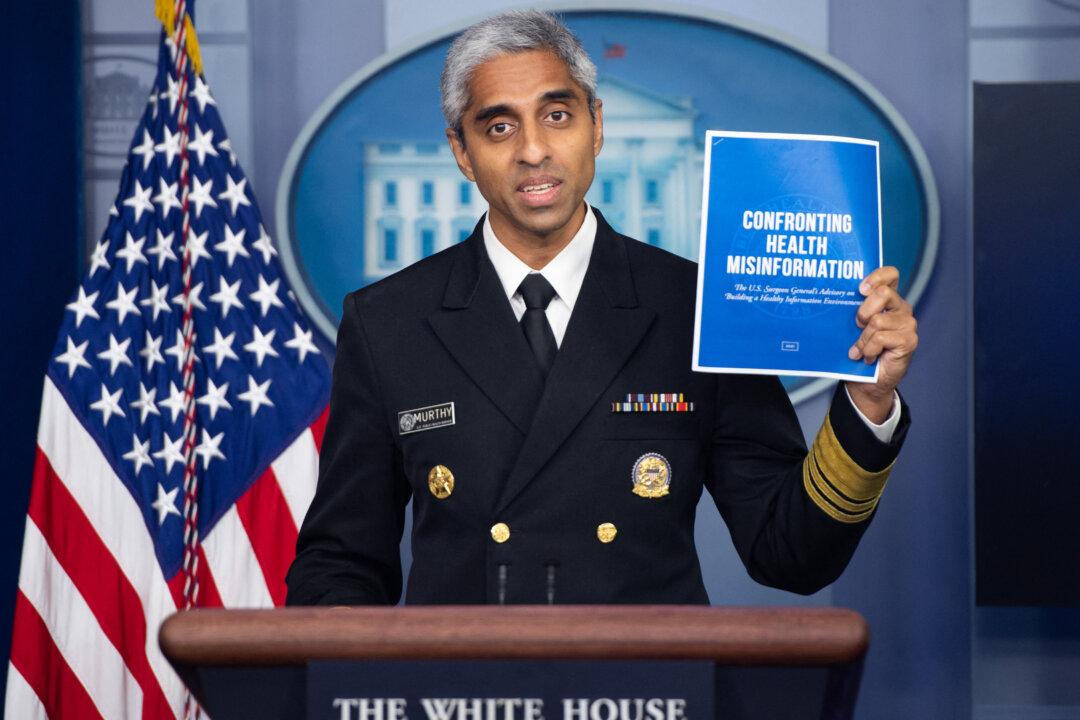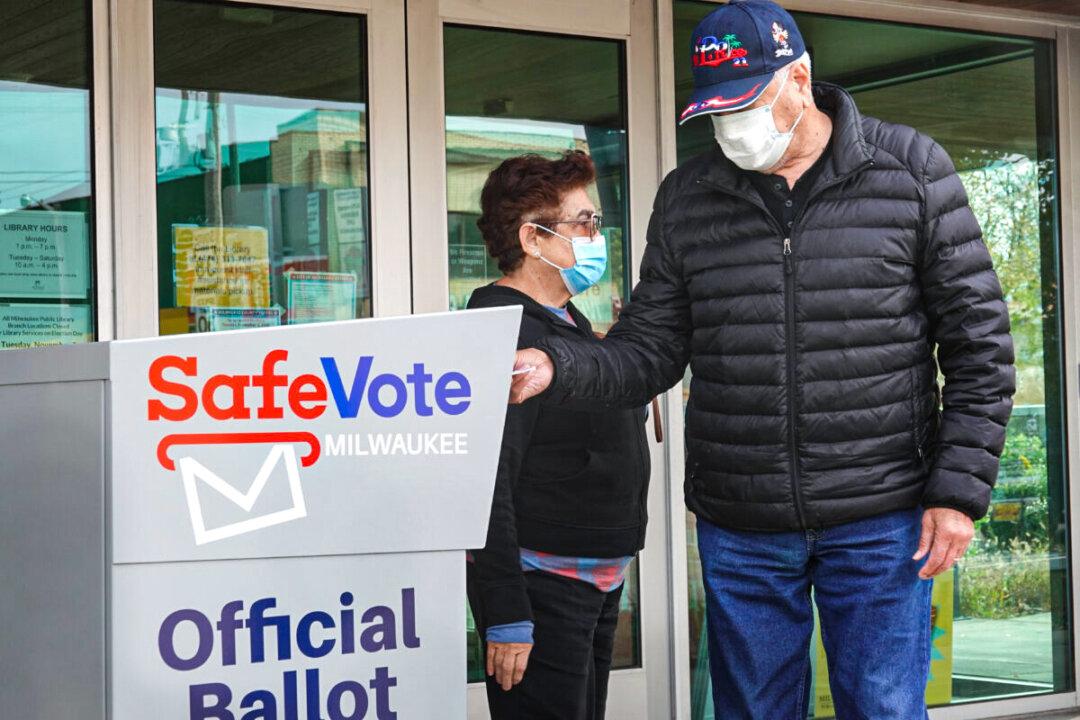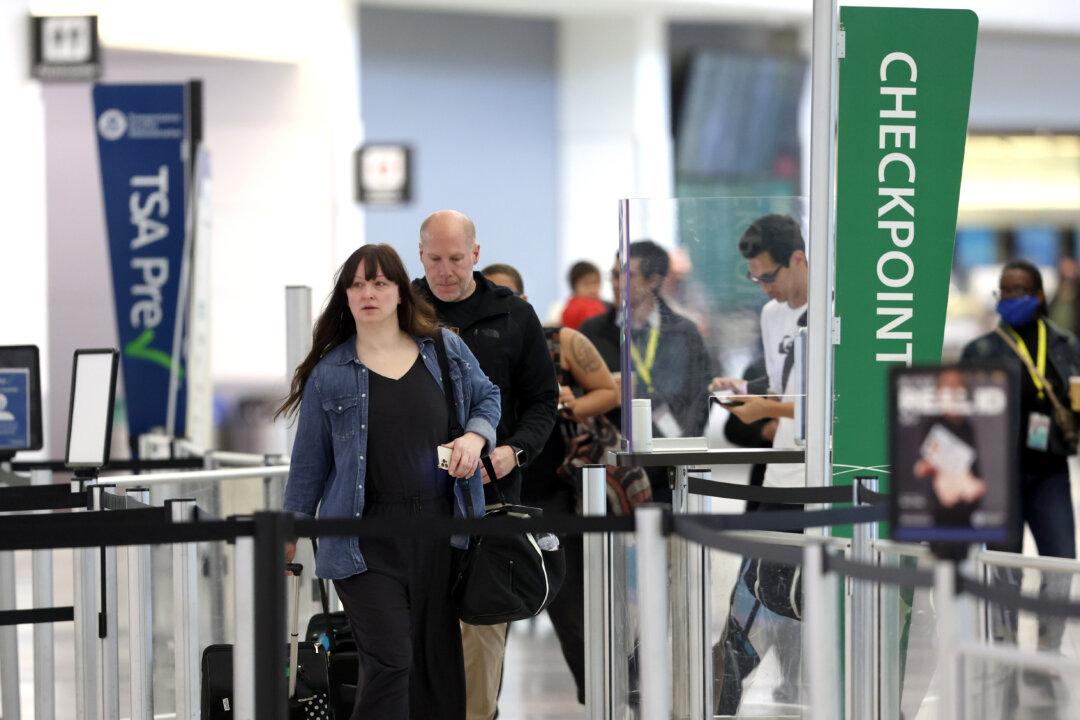Commentary
Two leading officials of the federal government—the press secretary and the surgeon general—have revealed the Biden administration’s plan to coordinate with social media platforms to censor dissident voices that disagree with the official position on COVID-19 and the efficacy of vaccines. This raises First Amendment concerns of the highest order.





